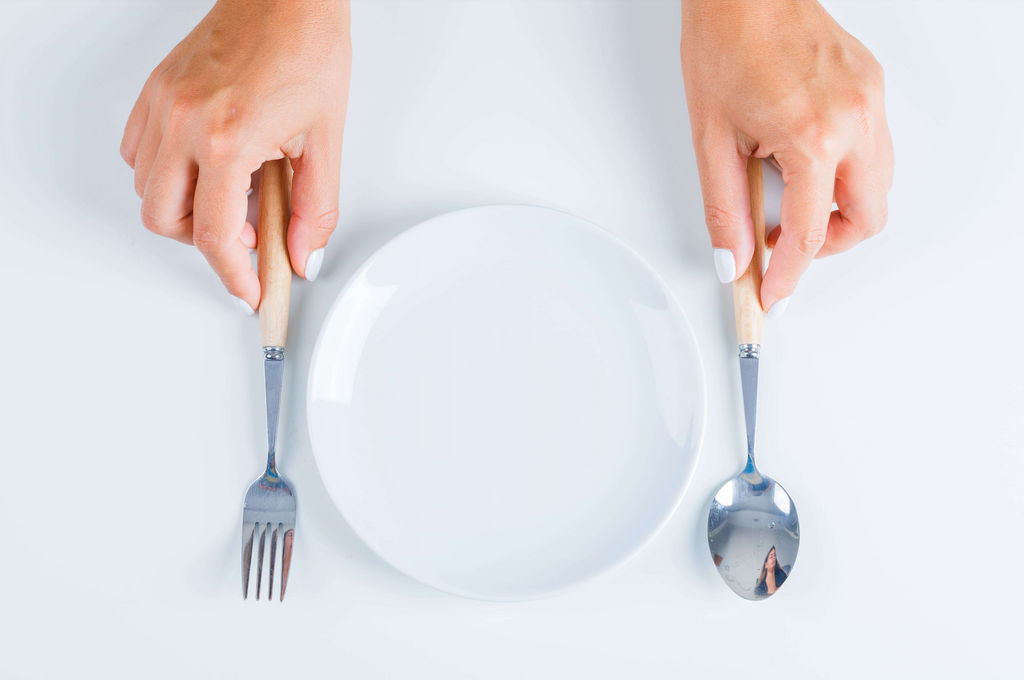If you are circadian fasting, make sure that you are doing it right and avoiding these common errors
In the world of wellness and fitness, multiple diets and eating fads are introduced every year. However, intermittent and circadian fasting has stayed as a constant health practice recommended by nutritionists and doctors around the world. There is strong scientific evidence that establishes the many health benefits of having a circadian fasting regimen. Some of these benefits are weight loss, improved gut health, reduced inflammation and better metabolism.
What is circadian fasting?
Circadian fasting is a food consumption practice in which people carefully plan the hours when they eat and when they fast with the rise and fall of the sun. Regardless of exactly how long you fast, it is important that you steer clear of a few common mistakes that people make:
1. Going too hard, too fast
The most common mistake I see is that people, especially women, jump into fasting too aggressively and then see negative hormonal effects. If you’re wondering if you’re doing the right thing, make sure you regularly check how you feel—your sleep, energy, cravings and hunger.
2. Avoiding exercise

IMAGE COURTESY: Standret @Freepik
Fasting does not give one a license to avoid exercise. According to Dr. Shah, combining light cardio or yoga during intermittent fasting leads to a faster metabolism and better digestion. Exercise also helps you control hunger pangs and mood swings by triggering the production of happy hormones like serotonin. However, be careful to not overexert yourself, listen to your body and stick to lighter workout routines if you are fasting for more than 10 hours.
3. Breaking your fast with the wrong food
Often people fast for prolonged stretches only to break it by binge eating. This one impulsive act can cancel the impact of your whole fasting regime. It can result in a disrupted sleep cycle and hormonal imbalance caused by insulin spikes. Long hours of fasting shrinks our stomach, therefore one must slowly break the fast by eating soft food like overnight oats or having a non-dairy drink like coconut water. Then slowly ease into a proper meal that has fiber and protein. Salads, smoothies and fermented foods like low-sodium miso soup are also great options for breaking the fast. Resist the urge to eat quickly as it can overwhelm your gut.
4. Stress
Stress is never a good addition to your life but it can be particularly detrimental during circadian fasting. Restricted dietary intake of any kind increases cortisol, a stress hormone. This directly makes one restless and anxious. Other than this, the increase in cortisol is linked to the increase in visceral fat and abdominal obesity. Stress also activates ghrelin (the hunger hormone), which leads to stress eating. You must avoid stress as you are fasting by pre-planning your meals, meditating and getting adequate sleep.
5. Accidental insulin spikes

IMAGE COURTESY: Jcomp @freepik
People often accidentally cause insulin spikes as they are fasting. This slows down your fat-burning capacity and defeats the purpose of fasting. You can create an insulin spike by simple things like adding creamer to your coffee or taking pills that have a sugar coating. Be mindful not to trip accidental insulin spikes.
FEATURED IMAGE COURTESY: 8photo @Freepik

